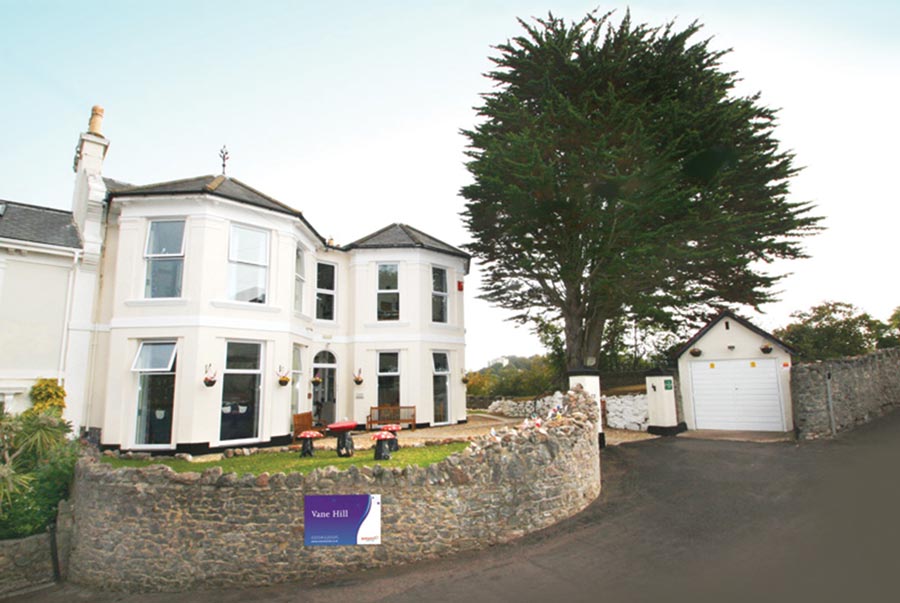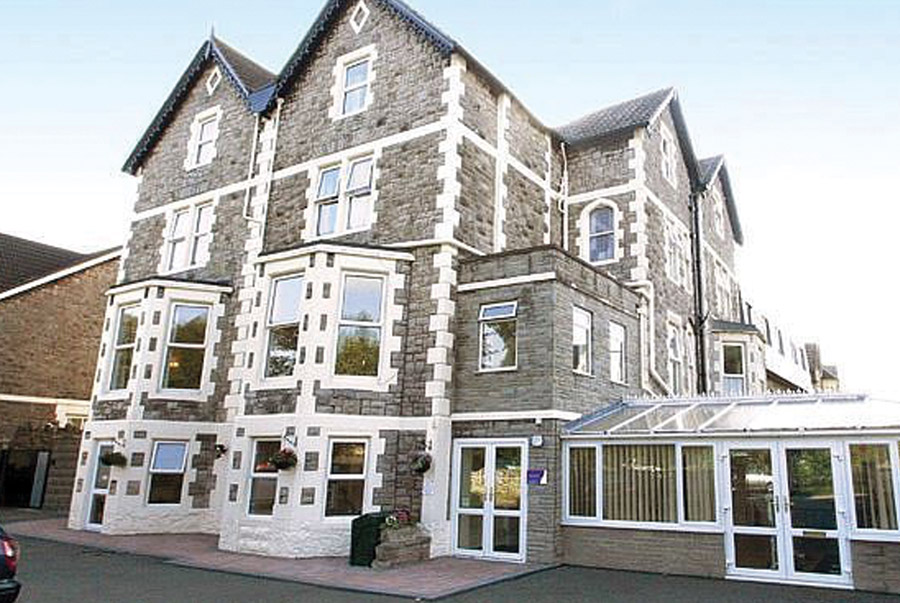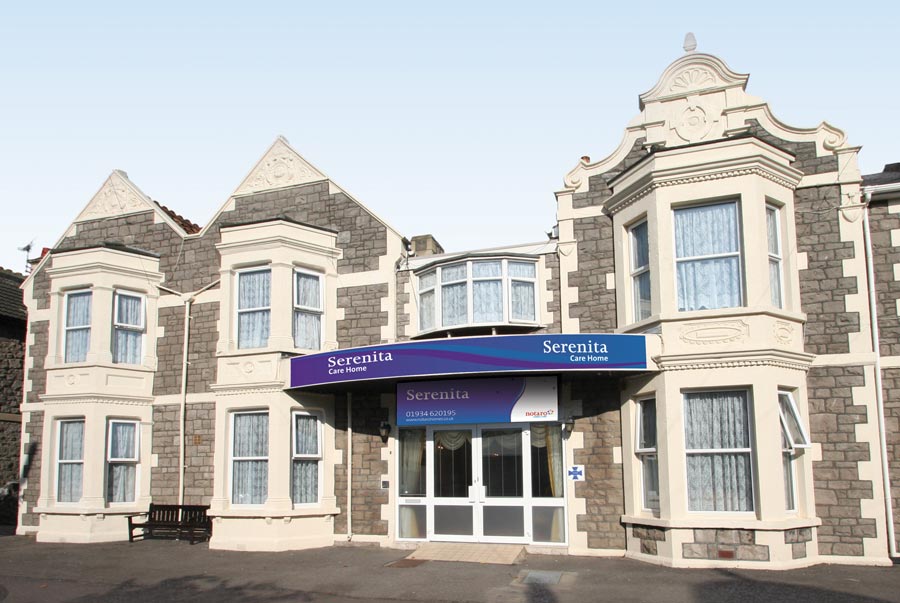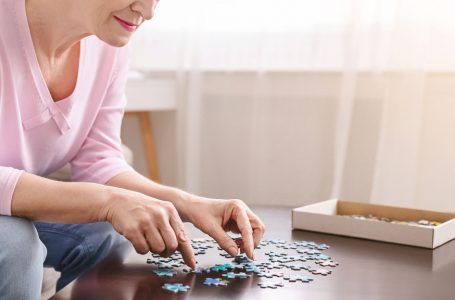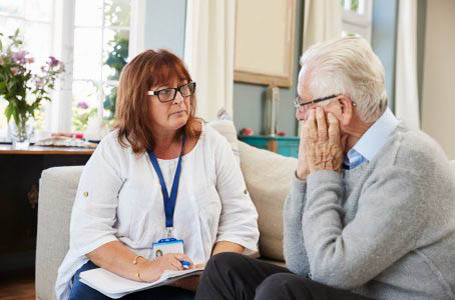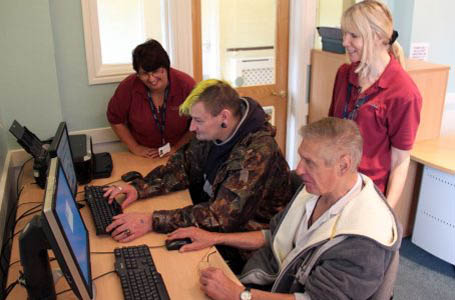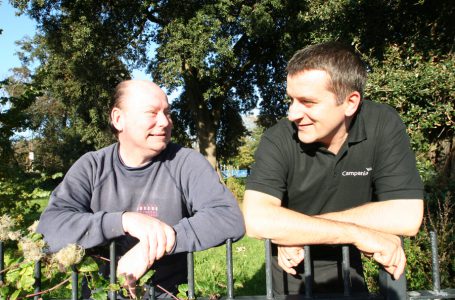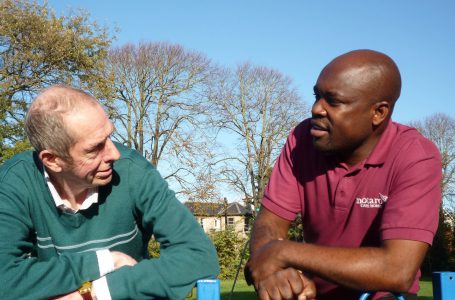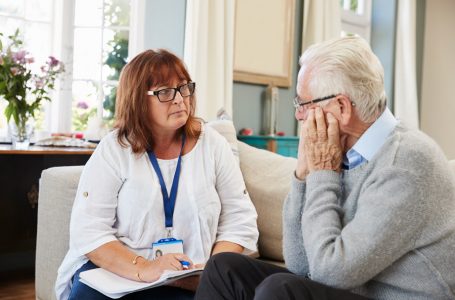In recent years, the condition has been referred to as Korsakoff’s psychosis; however, this is confusing as korsakoff’s has no psychotic medical symptoms.
What causes Wernicke Korsakoff Syndrome?
Many heavy drinkers have poor eating habits and an inadequate diet, which often results in the body becoming depleted in a lack of essential vitamins. Consumption and long term alcohol abuse can also potentially cause the stomach lining to inflame. Which then makes it harder for the body to absorb these essential vitamins, in particular, vitamin B1. Vitamin B1 also called Thiamine, is responsible for converting food into energy and has many critical neurological benefits too.
Korsakoff syndrome is the chronic form of Wernicke’s encephalopathy and is sometimes referred to as alcohol-related brain damage (ARBD) or dementia. Korsakoff syndrome may result if Wernicke’s encephalopathy is not treated or is not detected in time. It is not quickly resolved and can continue over a long period, even permanently. Damage occurs to small but essential areas in the middle part of the brain, which causes short-term severe memory loss. However, many other abilities remain unaffected. This is the difference between Korsakoff syndrome and most types of dementia, where these conditions damage a large area of the outer part of the brain.
